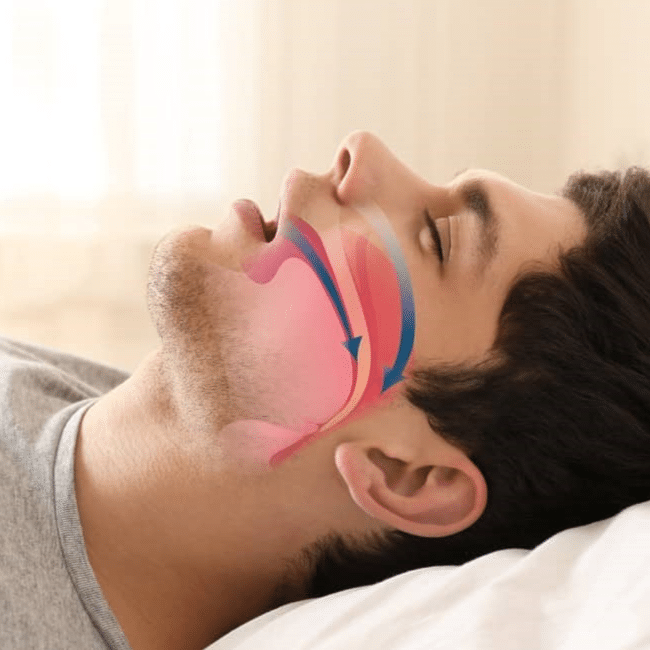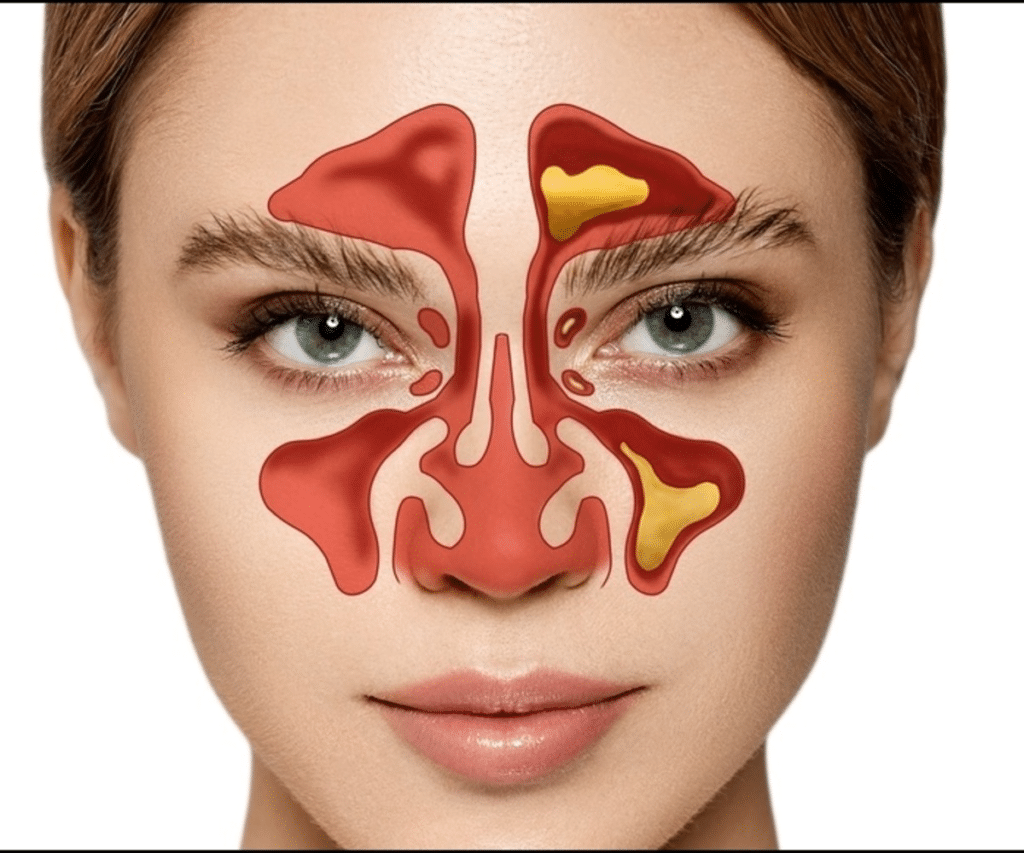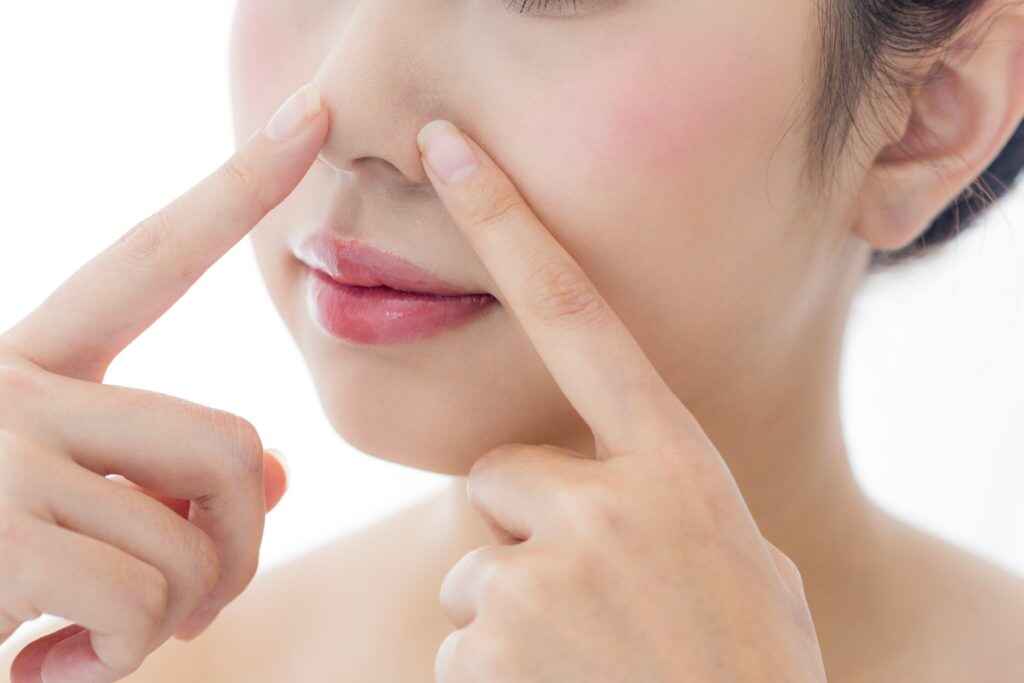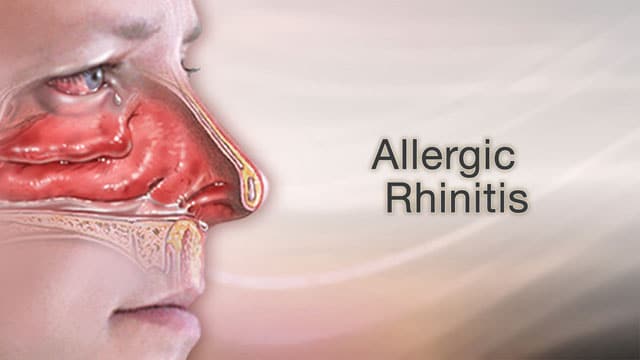The Impact of Seasonal Changes on ENT Health
Seasonal changes can significantly impact ENT (ear, nose, and throat) health, leading to a variety of issues that affect overall well-being. Understanding how different seasons influence ENT health and learning how to manage and prevent these issues can help maintain optimal health throughout the year.
Spring: Allergies and Hay Fever
Impact: Spring is notorious for triggering allergic reactions due to the abundance of pollen from blooming flowers, trees, and grasses. This can lead to allergic rhinitis, commonly known as hay fever.
Symptoms:
- Sneezing
- Runny or stuffy nose
- Itchy or watery eyes
- Itchy throat
- Coughing
Management Tips:
- Stay Indoors During Peak Pollen Hours: Pollen counts are typically highest in the morning and on windy days. Stay indoors during these times to minimize exposure.
- Use Air Purifiers: Air purifiers with HEPA filters can help reduce indoor pollen levels.
- Shower and Change Clothes: After being outside, shower and change clothes to remove pollen.
- Medications: Antihistamines, nasal corticosteroids, and decongestants can help alleviate symptoms. Consult with an ENT specialist for personalized advice.
Summer: Heat and Humidity
Impact: High temperatures and humidity in summer can exacerbate certain ENT conditions, such as sinusitis and ear infections. Swimming in contaminated water can also lead to ear infections.
Symptoms:
- Sinus congestion
- Ear infections (swimmer’s ear)
- Sore throat
Management Tips:
- Stay Hydrated: Drink plenty of fluids to keep mucous membranes moist.
- Practice Good Ear Hygiene: Dry ears thoroughly after swimming and avoid swimming in polluted water.
- Use a Humidifier: In air-conditioned environments, use a humidifier to maintain moisture levels in the air.
- Nasal Irrigation: Regular use of saline nasal sprays can help clear sinus passages.
Autumn: Fluctuating Temperatures and Mold
Impact: Autumn brings fluctuating temperatures and an increase in mold spores, which can trigger allergies and sinus issues.
Symptoms:
- Nasal congestion
- Runny nose
- Itchy or watery eyes
- Sinus headaches
Management Tips:
- Clean and Ventilate: Keep your living space clean and well-ventilated to reduce mold growth.
- Check for Mold: Regularly check for and remove mold in damp areas like bathrooms and basements.
- Dress Appropriately: Dress in layers to adapt to changing temperatures and prevent catching a cold.
- Consult an ENT Specialist: If symptoms persist, seek advice from an ENT specialist for effective management.
Winter: Dry Air and Respiratory Infections
Impact: Cold winter air and indoor heating can dry out mucous membranes, making the throat and nasal passages more susceptible to infections. This season also sees a rise in viral infections, such as colds and flu.
Symptoms:
- Dry, sore throat
- Nasal congestion
- Sinus pain
- Ear infections
Management Tips:
- Use a Humidifier: Adding moisture to the air can help prevent dryness in the nasal passages and throat.
- Stay Warm: Keep warm and avoid sudden temperature changes.
- Practice Good Hygiene: Wash hands frequently and avoid close contact with infected individuals.
- Boost Immunity: Maintain a healthy diet rich in vitamins and minerals to support the immune system.
- Seek Medical Advice: If you experience persistent or severe symptoms, consult with an ENT specialist.
Rainy Season: Increased Infections and Dampness
Impact: The rainy season can lead to increased dampness and humidity, which can promote the growth of mold and bacteria. This can result in a higher incidence of respiratory infections and sinus issues.
Symptoms:
- Sinus congestion
- Runny or blocked nose
- Coughing
- Ear infections
Management Tips:
- Avoid Damp Areas: Keep living spaces dry and well-ventilated to prevent mold growth.
- Use Dehumidifiers: Dehumidifiers can help reduce excess moisture in the air.
- Practice Good Hygiene: Maintain good hygiene to prevent infections.
- Nasal Irrigation: Regular use of saline nasal sprays can help keep nasal passages clear.
- Consult an ENT Specialist: For persistent issues, seek advice from an ENT specialist for appropriate treatment.
Maintaining ENT health throughout the year requires awareness of the seasonal factors that can affect it. By taking proactive measures and seeking professional advice when needed, you can effectively manage and prevent ENT issues.
For expert care and personalized treatment plans, consult Dr. Shalina Ray, the best ENT specialist in Whitefield, Bangalore. Dr. Shalina Ray offers comprehensive diagnosis and treatment options tailored to your specific needs, ensuring you receive the best possible care.

















